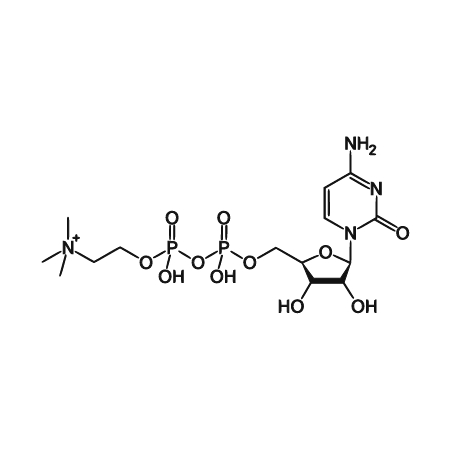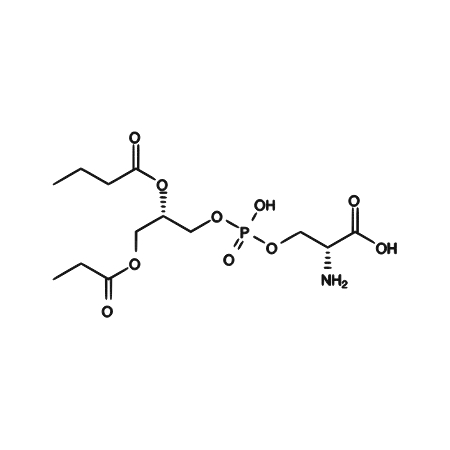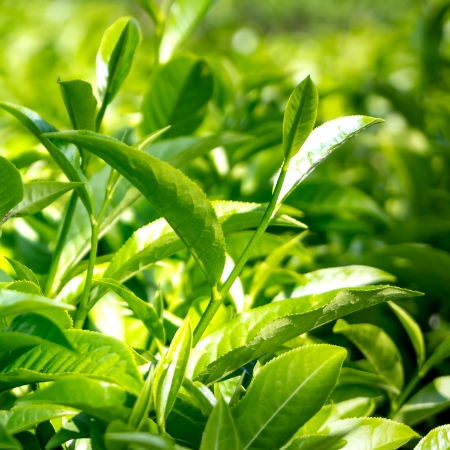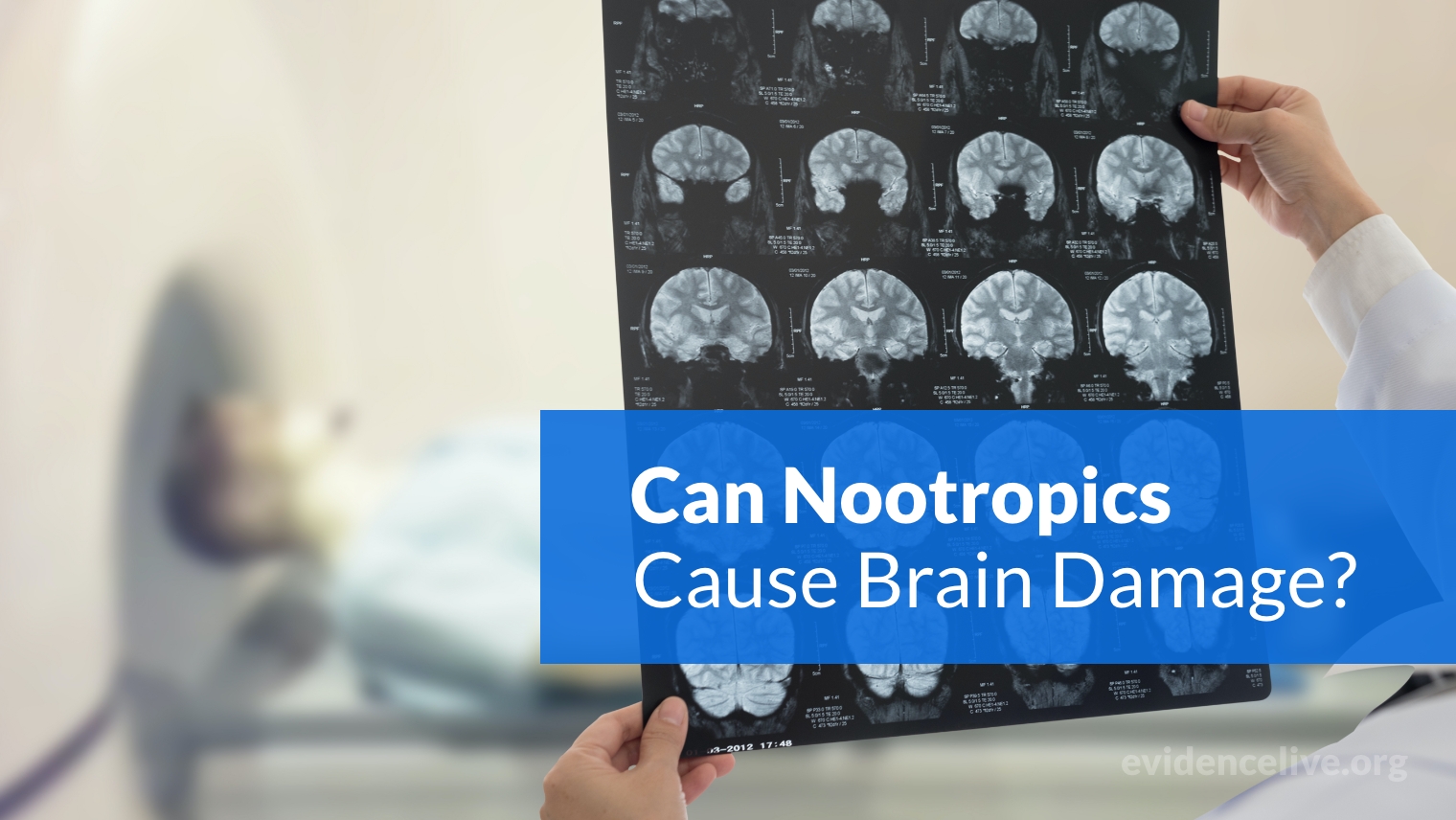People usually take nootropics for their possible cognitive-enhancing effects, and even with potent smart drugs, which typically combine more than one compound, permanent brain damage is unlikely to happen.
Rather than causing brain damage, research shows that the neuroprotective benefits of natural nootropics protect the brain from injury.
As a result, some nootropics can assist recovery from brain injuries and promote good brain and nerve health.
However, that isn’t to say that all brain supplements are safe. For example, abuse of stimulant medications, such as Adderall, can cause serious side effects leading to a possible addiction and crash symptoms.
On the other hand, other medications can mitigate the adverse effects of persistent brain injuries caused by high-impact sports, such as boxing.
Here is the actual research covering the relationship between nootropics and their potential to support recovery from brain injuries.
Contents
What Are The Types of Brain Injury?
Before looking at the best nootropics for brain injury, we need to properly understand the two possible damage types since they arise differently.
Traumatic Brain Injury (TBI)
Traumatic brain injuries occur because of blunt force suffered to the head that originates outside the body.
The most common form of traumatic brain injury is a concussion, which occurs through a direct blow to the head, face, or neck. These can occur in accidents, attacks, or increasingly through sports contact.
As a result, many professional sports leagues review their concussion protocols to help safeguard participants. The severity of concussions can range from mild to severe, but unfortunately, every episode affects the brain.
Other forms of TBI include a penetrating injury, where a blunt force penetrates the skull, such as a firm strike to the head that fractures the crown, a projectile strike to the head, such as falling debris, and contusions leading to bleeding in the brain.
Acquired Brain Injury (ABI)
Acquired brain injuries occur through an internal incident within the body, commonly through a stroke, seizure, or any interruption of blood supply to the brain.
Progressive neurological conditions such as Alzheimer’s and Parkinson’s disease are other examples of acquired brain injury.
In addition, some ABIs can be acquired through infections, such as meningitis, drug overdoses, carbon monoxide poisoning, lack of oxygen caused by choking, strangulation, or drowning, which can cause brain damage.
Since acquired brain injury is a neurological condition, it is entirely different from an intellectual disability or mental illness due to the brain damage caused by the shortage of blood flow or oxygen rather than a chemical imbalance within the brain, which affects cognitive function.
Symptoms of Brain Damage
Recognizing brain injury symptoms in the early stage can reduce the severity of long-term damage and improve recovery time.
Symptoms can be either physical, cognitive, emotional, or a combination of the three. Some signs appear instantaneously, while others may only become apparent sometime, especially after an incident in the case of TBI.
Physical
Headaches are the most common physical symptom of brain injury after trauma to the head.
These can sometimes be mild and disappear after a short period. However, lingering headaches or headaches that worsen can signify moderate to severe injuries.
Additional symptoms include ringing in the ears, blurred vision, nausea, difficulty speaking, fatigue, sensitivity to light or sound, and impaired motor skills, including paralysis.
When someone experiences these symptoms in isolation or in conjunction with a headache, you should immediately seek medical attention from a doctor.
Cognitive
Cognitive symptoms of a brain injury affect brain function, where some overlap with physical symptoms while others are less apparent.
For example, a loss of consciousness, impaired vision, and language difficulties are cognitive decline effects of brain injury.
While blurred vision is a physical symptom of brain injury, some people may have trouble identifying objects or faces or dizziness, suggesting possible cognitive damage.
Similarly, speech impairments are likewise a physical symptom of brain injury.
However, anyone displaying receptive language loss, confusion when making sense of others, or expressive loss, which is struggling to find the correct words to say or write, is showing cognitive symptoms of brain damage.
Other symptoms of impaired cognitive performance include memory loss, reduced concentration skills, confusion, repetition, and lower levels of insight and empathy.
Emotional
The emotional effects of brain injury are more difficult to perceive than those that impact movement or speech.
As a result, they often take longer to manifest themselves, and friends and family can struggle to cope with the changes displayed.
Symptoms include personality changes, mood swings, feelings of depression, anxiety, frustration, irritability and anger, and post-traumatic stress disorder.
It is crucial to monitor behavior, particularly in those who have experienced trauma to the head or neck, as any changes can signify developing brain injury or mental illness.
Can Nootropics Reverse Brain Damage?
It is impossible to reverse brain damage, and nootropics cannot replace surgery or treatment with medicines where severe levels of brain damage have occurred.
However, taking nootropics can help parts of the brain regenerate, which helps speed recovery and rehabilitation of some brain functions affected by TBIs and provides protection against specific injuries.
The impact of each TBI is unique, so knowing whether the brain will make a full recovery is always difficult to predict.
However, many individuals that suffer mild trauma to the head will result in minor damage to the brain since there are more healthy brain cells that can replace the capacity of the damaged ones.
Recovery from brain injury depends on the ability of the healthy parts of the brain to adapt and make changes. Consequently, nootropics that promote neuroadaptive changes within the brain can aid recovery.
The more severe brain injury acquired, the less potential for these changes to occur. However, nootropics may protect against further damage and assist with injury repair even in these cases.
Brain-Protecting Nootropics That May Help With Brain Injury
Several natural nootropics offer various benefits for brain health, from brain cell regeneration and creating new neural pathways to protecting intact cells.
Some nootropics are best taken following a TBI, while others can help protect against ABI.
Citicoline (CDP-Choline)
CDP-Choline is a naturally occurring compound in the human brain, and when taken in a nootropic form, it replicates this natural substance to treat and enhance poor memory.

Its properties promote brain cells growth and help regenerate damaged cells, improving memory deficits and focus. These are two instances of brain function commonly affected by injury.
Used in 59 countries, including the United States, to treat brain injuries caused by a stroke, a study has shown that Citicoline’s ability to promote brain cell membrane formation can also facilitate recovery from long-term TBI symptoms (1).
However, the same study has also indicated that Citicoline may not effectively treat more acute TBIs.
Lion’s Mane Mushroom
Lion’s Mane Mushroom is often taken as a nootropic to reduce anxiety, enhance memory, and as a mood booster.

Therefore, human trials have shown that regular consumption of Lion’s Mane Mushrooms promotes cognitive enhancement and better nerve health, particularly in individuals that suffered a brain injury (2).
Lion’s Mane Mushroom stimulates the production of the Nerve Growth Factor (NGF) and Brain-Derived Neurotrophic Factor (BDNF), which synthesize to stimulate neurons within cells and produce brain cell growth.
With some brain damage manifesting itself in brain cell atrophy, the neurotrophic factor provided by Lion’s Mane Mushroom and increasing NGF levels can speed up healing from injury.
In addition, the Lion’s Mane is particularly effective in positively impacting motor functions such as movement, speech, and autonomic processes such as breathing, swallowing, and improving oxygen levels.
Phosphatidylserine (PS)
Phosphatidylserine promotes nerve growth factor production, supporting effective brain maintenance and repair. It is a substance naturally occurring in the brain, primarily found in brain cell membranes.

Phosphatidylserine works by increasing antioxidant levels in the brain, reducing neurological inflammation.
In addition, phosphatidylserine promotes the regeneration of a neurotransmitter such as dopamine. The maintenance and repair of these neurotransmitters enhance the brain following injury.
Therefore, taking phosphatidylserine as a nootropic supplement aids the repair of neurotransmitters injured by a TBI and provides brain protection for those left undamaged by reducing neural inflammation.
Further benefits suggested through research found that PS slows down or reverses the early symptoms and age-related deterioration of cognitive function associated with conditions such as Alzheimer’s (3).
Bacopa Monnieri
Bacopa Monnieri is another nootropic that stimulates the regrowth of brain tissue to help recover from brain injury. However, it does not target brain cell growth but the branches that connect one end of a neuron to the beginning of another neuron.

These are called dendrites and are the communication lines of brain cells. A key benefit of Bacopa Monnieri is stimulating the growth of new dendrites to replace those damaged through injury.
This regrowth can support the recovery of the brain from both Traumatic Brain Injury and Acquired Brain Injury as it helps the body deal with stress, which can further aid recovery from brain injuries.
In addition, Bacopa Monnieri contains bacosides that have powerful antioxidant properties which protect the undamaged brain tissue from any radical changes (4).
L-Theanine
L-Theanine is an amino acid with neuroprotective properties. Its ability to induce attention-boosting calming theta brain wave activity makes it one of the best nootropics to take following TBI to reduce further damaging brain cells.

Research studies have proven that drinking green tea, which contains L-Theanine, can improve memory and calm theta waves lowering the risk of ABIs and ischemic strokes (5).
In addition, recent animal research studies suggest that administering L-Theanine to patients within 12 hours of suffering a stroke can enhance brain protection and reduce damage to the brain.
The same study showed that treatment within 24 hours after the stroke positively impacted neurological status (6).
However, further human trials are required to fully recognize the impact of L-Theanine to recover from injuries following traumatic brain injury.
Conclusion
So, can nootropics cause brain damage? Definitely, there is no evidence to support this belief.
Some adverse side effects may indeed be experienced through megadosing, mixing nootropics with existing medicine and drugs, and poorly combined stacks, but they will not cause brain damage.
In contrast, taking natural nootropics for brain injuries following an instance of TBI can lead to quicker rehabilitation.
In addition to this, the neuroprotective properties of many natural nootropics can protect against the risk of acquired brain injury and ensure that undamaged parts of the brain remain protected after a traumatic brain injury.
Combining nootropics for brain injuries with a positive and relaxed state of mind allows the brain to use energy to concentrate on the regenerative properties and repair of damaged brain tissue.
This results in a fuller recovery, better quality of life, and improved cognitive functions such as improving memory and focus.

